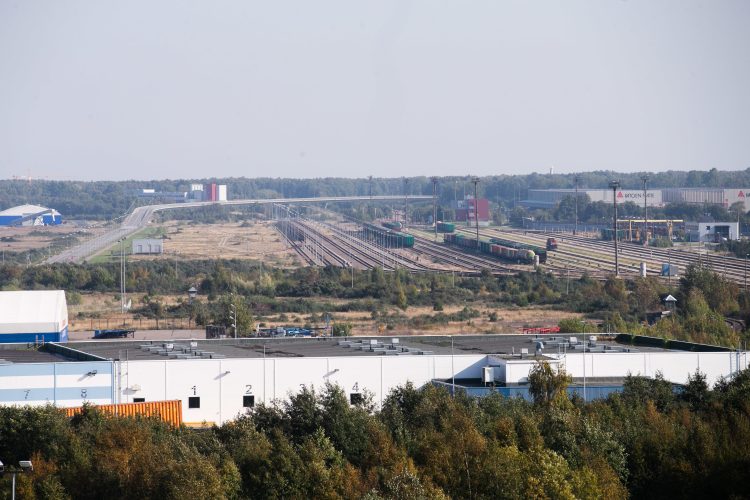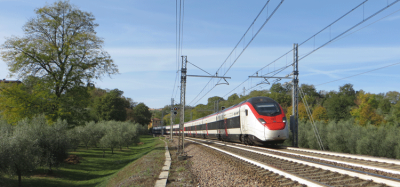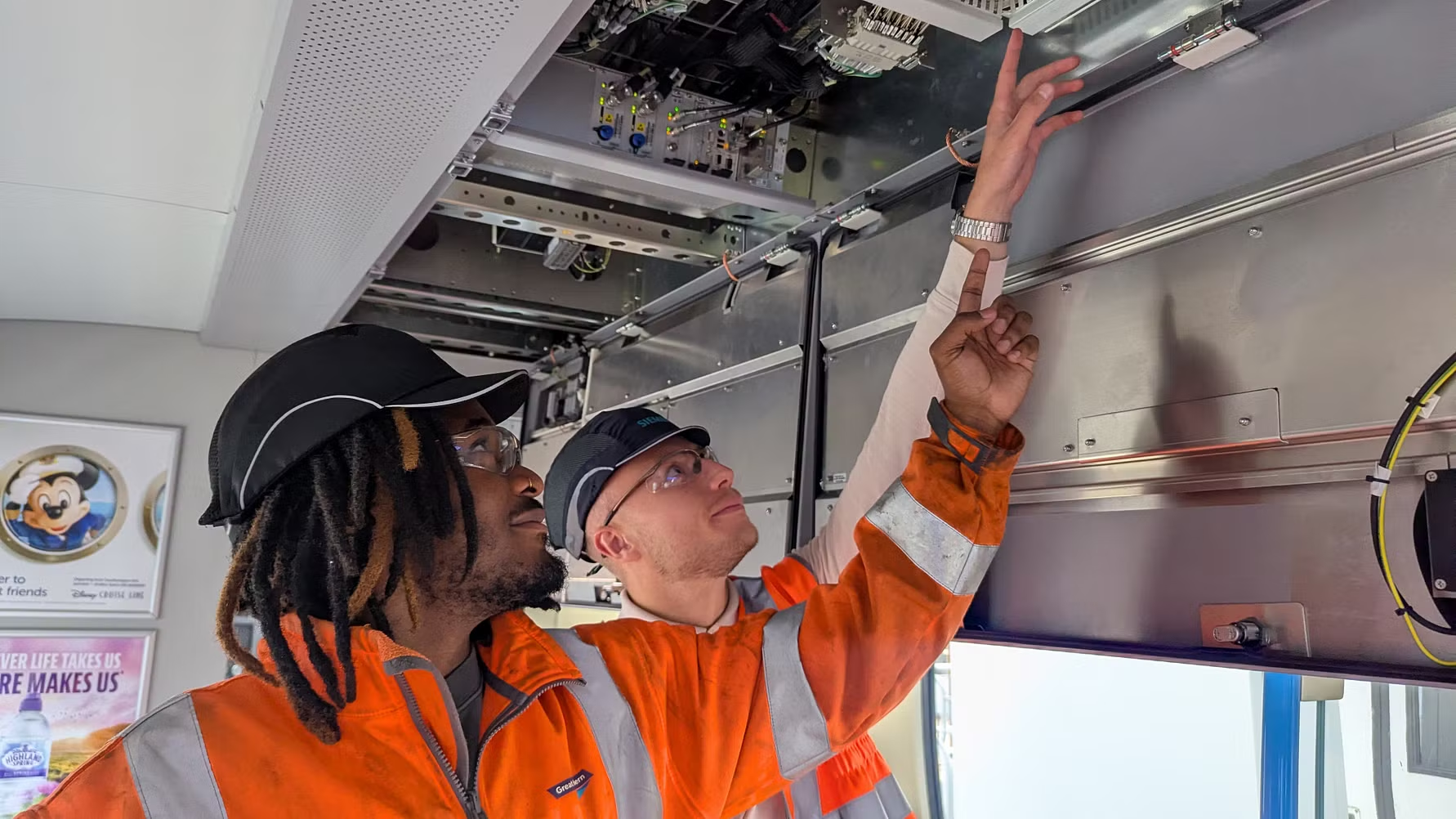Estonia’s Rail Baltica link to Muuga port set to transform freight and logistics sector
Posted: 20 June 2025 | Gabriel Higgins | No comments yet
Rail Baltic Estonia signs €2.9 million contract to connect Muuga port, boosting trade, freight capacity, and infrastructure development.


Credit: Rail Baltica
Rail Baltic Estonia has signed a €2.9 million design contract with Estonian firm AllSpark OÜ to connect the Port of Muuga to the future Rail Baltica line. The 16km Soodevahe–Muuga section, intended for freight rail traffic, represents a major development for Estonia’s railway and logistics infrastructure.
Anvar Salomets, Chairman of the Management Board of Rail Baltic Estonia, underlined the strategic significance of the Muuga link:
“Connecting the Muuga freight terminal to the Rail Baltica line is of strategic importance for Estonia. It is the only location in Estonia where a rail line built to the European standard will connect directly to a seaport…”
Valdo Kalm, Chairman of the Port of Tallinn, added:
“The Rail Baltica connection gives Estonian logistics a new dimension… Thanks to the Rail Baltica freight terminal, there is an opportunity to shape a freight corridor linking Northern and Southern Europe…”
The project will include a new 1,435mm gauge railway and redesigns of affected infrastructure, such as the existing 1,520mm gauge line, intersecting roads, and utility networks. Service roads, noise barriers, culverts, retaining walls, and a control centre with depot facilities will also be planned in the Muuga terminal area.
Erki Kimber, Board Member of AllSpark OÜ, praised the opportunity for domestic expertise to shine:
“This is the most extensive and longest section we have worked on so far… The Soodevahe–Muuga section is an excellent opportunity for Estonian engineers to demonstrate their competence and ingenuity…”
The contract runs until September 2027, but design work for some components will be completed earlier, allowing construction to begin that same year. Full construction is expected to continue through to 2030, as Rail Baltic Estonia progresses towards a modern, Europe-connected freight network.
OUT NOW: The Definitive Guide to Rail’s Digital Future
The rail industry is undergoing a digital revolution, and you need to be ready. We have released our latest market report, “Track Insight: Digitalisation.”
This is not just another report; it’s your comprehensive guide to understanding and leveraging the profound technological shifts reshaping our industry. We move beyond the buzzwords to show you the tangible realities of AI, IoT, and advanced data analytics in rail.
Discover how to:
- Optimise operations and maintenance with real-time insights.
- Enhance passenger services through seamless, high-speed connectivity.
- Leverage technologies like LEO satellites to improve safety and efficiency.
Featuring expert analysis from leaders at Nomad Digital, Lucchini RS, Bentley Systems and more, this is a must-read for any rail professional.







